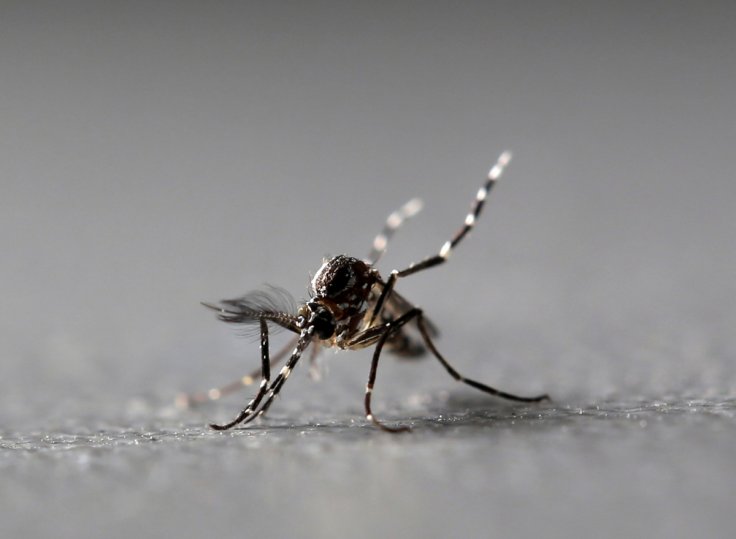As the novel coronavirus that originated from Wuhan is wreaking havoc in all nooks of the world, researchers have warned that global warming could create a surge in highly infectious diseases in the future. The US-based study revealed that global warming could attract a variety of mosquitoes, and it will, in turn, escalate the spread of fatal diseases especially in and around Sub-Saharan Africa.
Possibility of a Public Health Disaster
The research report warned that there is a possibility of a public health disaster if Africa fails to tackle mosquito-borne diseases other than malaria. Scientists made this conclusion after understanding that different species of mosquitoes thrive in different temperature ranges.
"Climate change is going to rearrange the landscape of the infectious disease. Chikungunya and dengue outbreaks like we've recently seen in East Africa are only becoming more likely across much of the continent. We need to be ready for this emerging threat," said Professor Erin Mordecai, a biologist at Stanford University, and the lead author of this study, in a recent statement.

The study revealed that mosquitoes carrying diseases other than malaria are likely to gain strength due to man-made global warming. Scientists also suggested that climate change could increase the number of malaria-carrying mosquitoes in cool places, such as mountain ranges.
Desiree LaBeaud, the study senior author warned that the only possible way to combat this emerging threat is by controlling mosquitoes in the area. He also added that a shift from malaria to dengue may overwhelm the entire healthcare system, as diseases introduced to new populations will often lead to larger outbreaks.
Emerging Health Crisis in the Pacific
A few days back, an Australian scientist had warned that the emergence of antimicrobial resistance (AMR), including drug-resistant bacteria, could turn out to be more devastating that the coronavirus outbreak.
Dr. Paul De Barro, biosecurity research director at Australia's national science agency CSIRO, also revealed that the health crisis related to AMR could put modern-day medicines back into the dark days of health.









